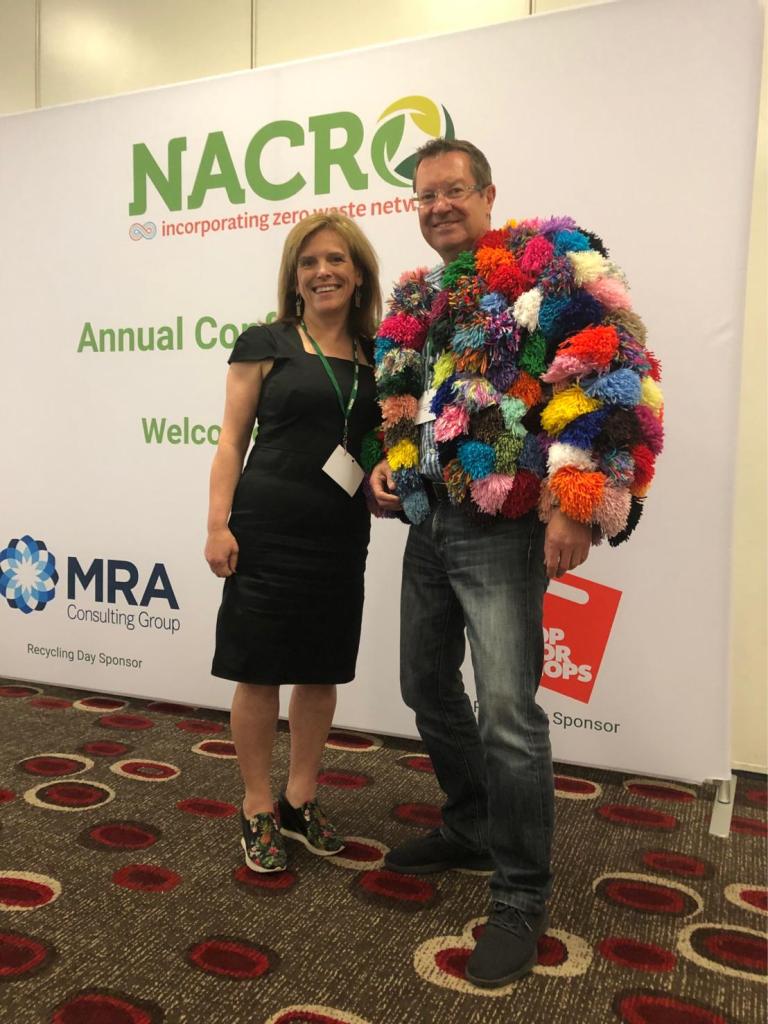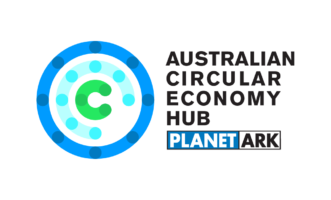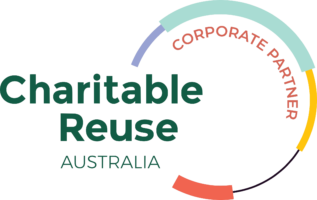MRA sponsors 2019 NACRO conference
By Phil Black, MRA Consulting Group

The 2019 National Association of Charitable Recycling Organisations (NACRO) conference was held between 14 and 15 October in Melbourne. It was a really well-run and well-attended event. Diversity of speakers was excellent so it was never dull while the themed approach facilitated a broader thinking about waste reduction opportunities.
MRA was pleased and honoured to sponsor this latest (and greatest!) NACRO Conference, helping to bring together the like-minded people willing and able to collaborate on solving what is possibly THE most important problem of the century.
As one of the leading consultancies in Australia, we deal with the issues of waste, sustainability and carbon usage every day. We are passionate about the difference we are making by assisting organisations and regulators and, through them, households and individuals to make circular thinking and acting a way of life. We provide innovative strategies and technical solutions, licensing and planning approval services, grant application assistance, specialist organics and carbon effects mitigation, education and auditing.
MRA also contributes to thought leadership on circular concepts in publications, speaking engagements and blog entries. In the October edition of “The Tipping Point” Mike Ritchie discusses ideas for collaboration in an echo of the NACRO conference call to action. Here is an edited excerpt:
Australians landfill 2,500 tonnes of waste per hour, every hour, of every day, 365 days a year. We generate 6,500t/hour and recycle the difference of about 60%. That puts us at the top of the table in waste generation, and middling on the recycling comparison table of developed economies. Landfill still economically outperforms recycling by many times.
We could do so much better with a little bit of leadership and bravery.
If we want more recycling, then as a country we need to demand more action from the government (State and Local) and businesses, and through them households, consumers and individuals.
We need to deal with the problem of sorting and separating mixed waste in a structural way. We also need to encourage more source separation.
Organics (food, garden waste, timber and cardboard) represent over 50% of landfilled waste. It also contributes 3% of Australia’s total greenhouse gas emissions. If we diverted all organics from landfill into compost, we could supply over 7 million tonnes of compost per year to Australia’s farmers – lessening the effect of this crippling drought and helping to rebuild degraded soils.
See MRA’s October newsletter on things circular and sustainable.

The potential beneficial re-use of organic waste is just one example of advanced thinking that, in itself, does not solve all of the problems. Plastic bag bans are another. However, while the plastic bag problem is a thousandth of the overall waste problem, banning them is a simple action; it is visible; it is targeted; and it makes the point to consumers that a circular economy is a real necessity. These actions set the scene for the necessary actions to come.
Membership of an industry representative organisation comes with responsibilities. NACRO members are influencers and collaborators on recycling and the circular economy. What will we ask our leaders to do next?
I look forward to the 2020 conference that will be held on 21 & 22 October in Sydney.



